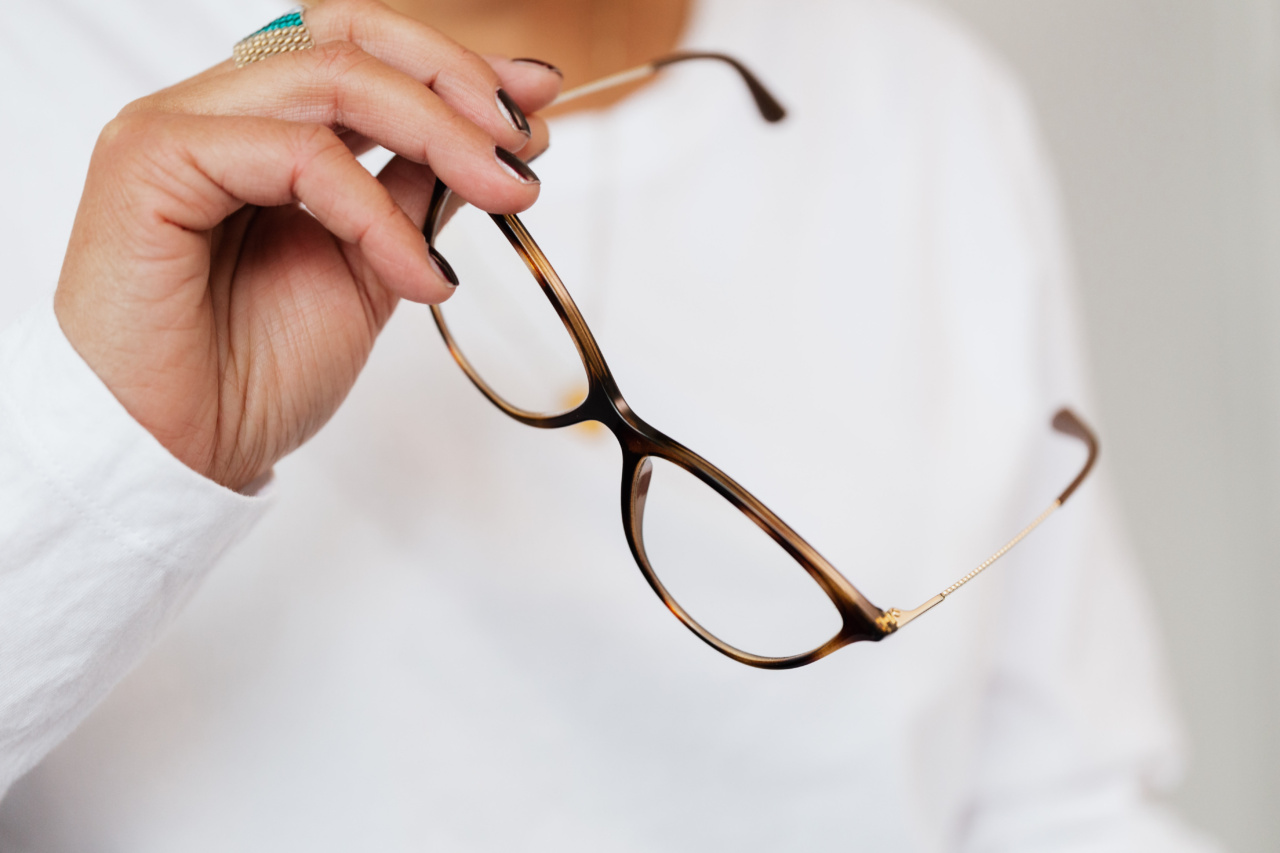Our eyes are one of the most important parts of our body that often take a back seat when it comes to taking care of them. However, just like any other part of our body, our eyes need regular care and attention to maintain their optimal health.
1. Get Regular Eye Exams
One of the most important eye care tips is to get regular eye exams. It is highly recommended that adults get their eyes examined every two years, and those over 65 should get an exam every year.
Regular eye exams can help detect eye problems and diseases early, making treatment easier and more effective.
2. Eat a Healthy Diet
A healthy diet can help improve your eye health and reduce the risk of developing eye diseases. Include foods that are rich in vitamins A, C, and E, as well as omega-3 fatty acids in your diet. Some examples of food that are good for your eyes include:.
- Carrots
- Kale
- Spinach
- Sweet potatoes
- Salmon
- Tuna
- Nuts and seeds
3. Wear Sunglasses
Sun exposure can lead to numerous eye problems, including cataracts, macular degeneration, and skin cancer around the eyes. That is why it’s so important to wear sunglasses that offer 100% UV protection.
When choosing sunglasses, look for lenses that block 99-100% of UVA and UVB rays.
4. Take Breaks from Screen Time
Staring at a computer screen, tablet, or smartphone for extended periods can cause digital eyestrain, also known as computer vision syndrome. This condition can cause headaches, blurry vision, dry eyes, and neck and shoulder pain.
That is why it is essential to take breaks every 20 minutes or so to rest your eyes. For every 20 minutes of screen time, take a break for at least 20 seconds and look away at something 20 feet away.
5. Use Proper Lighting
Proper lighting is critical for maintaining good eye health. Too little light can cause eyestrain, while too much light can cause glare and make it difficult to see.
When reading or working, make sure you have enough light, and position the light source so that it does not shine directly on your eyes.
6. Don’t Smoke
Smoking is harmful to your health for many reasons, including your eye health. Smoking increases your risk of developing cataracts, macular degeneration, and optic nerve damage.
If you smoke, consider quitting to reduce your risk of developing these eye conditions.
7. Maintain a Healthy Weight
Being overweight or obese can increase your risk of developing various health conditions, including diabetes. Diabetes can cause diabetic retinopathy, which can lead to vision loss.
By maintaining a healthy weight, you can reduce your risk of developing diabetes and other health problems that can impact your eye health.
8. Follow Proper Contact Lens Care
If you wear contact lenses, it is important to follow proper contact lens care to prevent eye infections and other complications.
Always wash your hands before inserting or removing your lenses, and follow the recommended guidelines for cleaning and storing your lenses. Also, never sleep in your contact lenses unless advised by your eye doctor.
9. Know Your Family Eye Health History
Many eye diseases and conditions are hereditary. If someone in your family has an eye condition, you may be at a higher risk of developing it as well.
Learning about your family’s eye health history can help you take proactive steps to protect your vision.
10. Limit Alcohol Consumption
Excessive alcohol consumption can lead to a variety of health problems, including eye problems such as cataracts and age-related macular degeneration. To protect your eye health, limit your alcohol consumption to moderate levels or less.
Conclusion
By following these essential eye care tips, you can protect your vision and promote optimal eye health. Remember always to speak with your eye doctor if you have any concerns about your eye health and to attend regular eye exams.



























